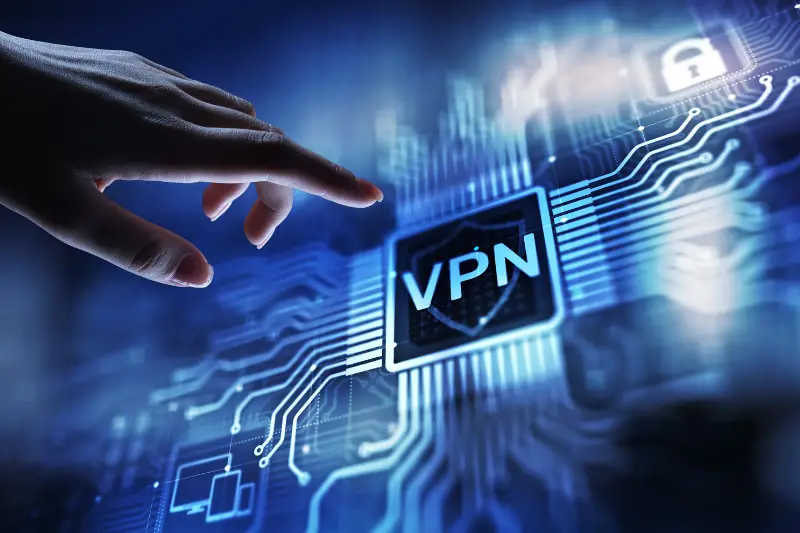Click here to get this post in PDF
Many internet users have heard of a VPN (even if they don’t fully understand them) but fewer know of private proxies or their basic function. Both are tools to deploy online to provide greater anonymity and other benefits when surfing the web or performing other activities.
Private Proxies and VPNs: Which are More Reliable?
Both private proxies and VPNs aim to create a more secure environment to use the internet. They are quite different, however, so let’s dig deeper.
Private Proxies
A private proxy is distinctly different from either a public proxy or a VPN service.
A public proxy is accessible by virtually anyone, offers no guarantee of privacy, and is neither secure nor necessarily fast. It does a rudimentary job of obscuring an IP address but not much more than that.
A private proxy might be a residential proxy anonymous network or a data center based one. Some private proxy services rotate proxies each time a new connection is made. Others will disconnect after half an hour to change proxies and reconnect again with a different IP address in the network. At this point, the internet activity recommences. You can click here to learn more about private proxies.
VPNs
A virtual private network (VPN) is a secure way to access the internet compared to not using any approach to enhance online privacy. When installing VPN software, it’s possible to connect via a selected country and sometimes a particular city. Once connected, your internet activity appears to originate in another location based on this different IP address.
VPNs aren’t always totally reliable though. The server can fail with the local server going offline, leaving users to pick from the remaining online servers. A VPN service can disconnect suddenly, potentially revealing your originating IP address (your home IP address) too. They also take time to complete a connection that adds an artificial delay each time a new connection is made.
How Private Are VPNs and Private Proxies?
Again, let’s look at each service in turn.
VPNs
Along with the occasional issue of a VPN client disconnecting, revealing the originating IP address, there are other potential concerns too.
Most VPN companies maintain activity logs and other records. These can potentially tie a user to an account and back to their original IP address. Such records can be requested by the courts in pursuit of a case or by local authorities during an investigation into online activities. Such information may not only include information on the person of interest, but also other customers who have nothing to do with the case.
While VPN providers often state that they do not collect logs, it’s been shown in legal cases that they sometimes do. Some have assisted law enforcement and provided records to locate a person of interest even when they previously stated on their website that they never maintained such logs, as was the case with Ryan Lin and PureVPN that provided information to the FBI. While assisting law enforcement is commendable, privacy advocates who pay for a VPN to enhance their privacy will view this as a black mark.
While a VPNs public statements may say one thing, it’s possible to discover too late that privately they do keep IP addresses and other information after all.
Private Proxies
Private proxies work by assigning a single IP address to one user. However, typically they only connect either for 30 minutes or the duration of the usage and then get disconnected. At this point, the private proxy is rotated to another available one.
In the case of a private residential proxy service, users can connect to the system that changes where the connection looks to have originated. Another option is a data center private proxy that typically uses a US-based server cluster with 10,000’s IP addresses to maintain anonymity.
The use of private proxies avoids many of the inherent risks of providing identifiable information that’s at risk from future data breaches.
Do Private Proxies Provide More Uses than VPNs?
Private proxies are convenient to perform different actions on the internet. Certainly, they are faster to connect to or swap between different IP addresses compared to VPNs that take longer to connect or reconnect.
Using a server that moves through rotating proxy addresses proves superior to individual VPN servers because they provide greater anonymity. It’s possible to use websites and apps anonymously and access them in successive visits using different IP addresses without the hassle of switching VPN servers slowly each time.
While private proxies are less known than VPNs, they offer superior services. Also, the privacy protections are better through greater anonymity too. While they do operate differently which customers will need to learn about, they’re much simpler to understand compared to virtual private networks.
You may also like: What will be the Best VPNs for PCs in 2021?
Image Source: stock.adobe.com

